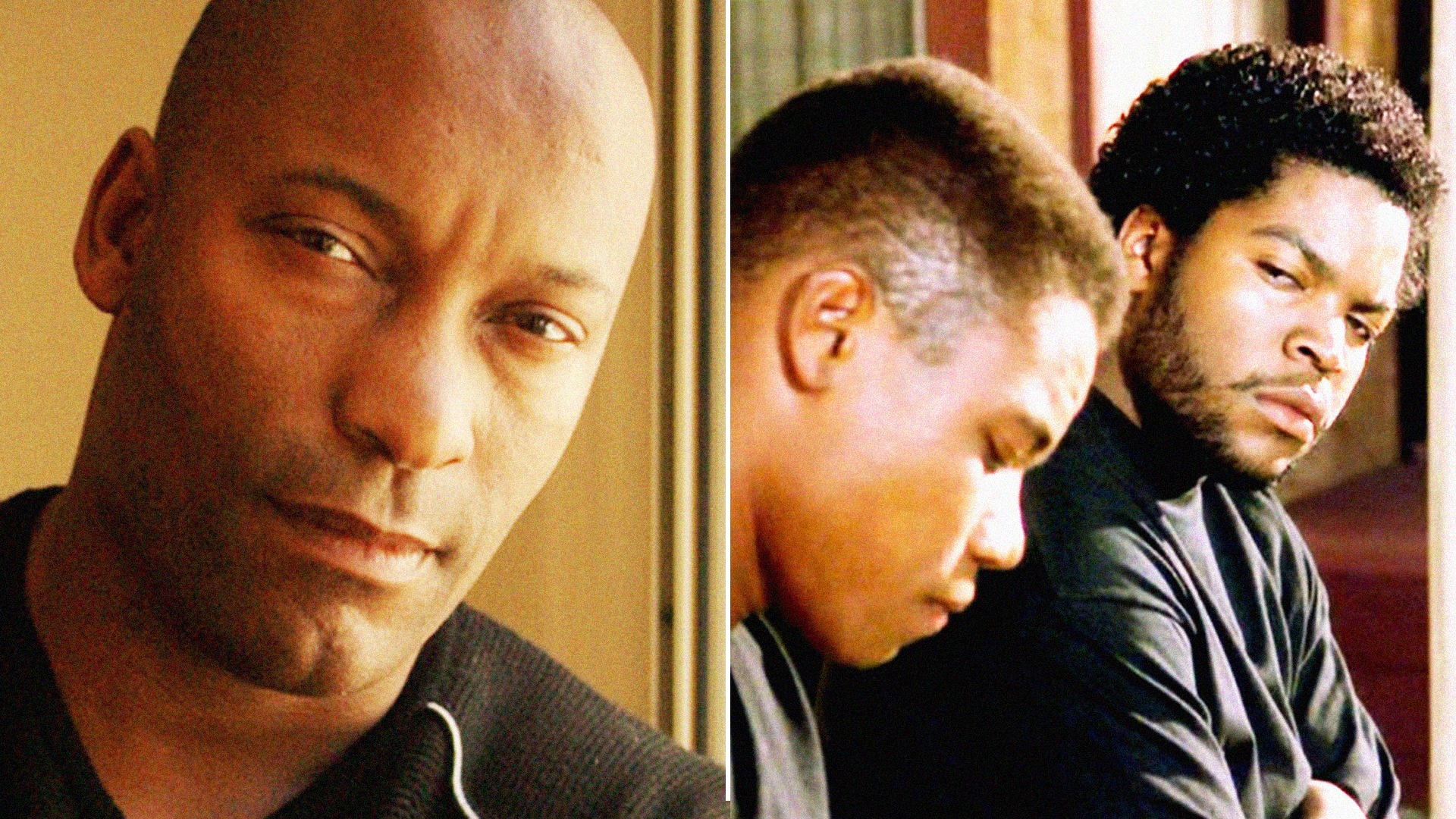John Singleton Was a Voice for the Forgotten and Disenfranchised

Credit to Author: Noel Ransome| Date: Tue, 30 Apr 2019 17:45:17 +0000
“Turnt on the TV this morning. Had this shit on about…living in a violent world. Showed all these foreign places and I started thinking, man; either they don’t know, don’t show, or don’t care about what’s going on in the hood.”
These words are spoken by Doughboy, as played by Ice Cube. And no, they aren’t lyrical bars from one of his albums, despite the way he unsheathes his speech—urban tempos with a god’s honest truth. It’s a monologue from the final sequence in John Singleton’s Boyz n the Hood, just after the murder of Doughboy’s brother and shortly before his own demise.
From the moment I heard of John Singleton’s death at the age of 51 from a stroke, the above quote came to mind. Sure, it’s just a series of words to some, but they fold onto the fabric of my own tough beginnings. I still remember the anger fresh-out-of-jail Doughboy shouldered, which never clouded his humanity. I still remember how different that felt from the news reports of the 90s, and the headlines thirsting to display our black angst (shootings and riots) over the reasons for it (poverty, and police brutality). And I still remember how Boyz in the Hood made me feel seen in the thick of all that.
There are only a few directors like John Singleton, and fewer still who could tell stories like Boyz n the Hood—a tale about men surviving in a crime-ridden Crenshaw, LA. Like Spike Lee, Singleton’s creative output was the byproduct of places lived in, often misunderstood by white America. We’re talking about an area of Los Angeles, where his mother’s apartment was next to the only escape he had—a drive-in theater. And from there, you had a 22-year-old film-school graduate, fresh from university with an intensity, energy, and angst that couldn’t be taught.
When this upstart filmmaker was offered $100,000 to back away from Boyz n the Hood in favour of a more established director, for example, he refused.
“I said, ‘Well, we have to end this meeting right now, because I’m doing this movie,” Singleton recalled in the documentary, Friendly Fire: Making of an Urban Legend. “This is the movie that I was born to make.” And that he did, as it went on to generate more money per screening than James Cameron’s Terminator 2 ($57.5 million total), which also netted him an Academy Award nomination for best director and original screenplay.
During the early 90s when the LA LA riots, police beatings, and subsequent rage dominated global news narratives. Singleton’s ability to make elements of black life feel naturalistic and relaxed—without shying away from the ugly, of course—gave privileged audiences a glimpse into our world, unfiltered. The message was: Yes, black folks could live, love, and die in the socioeconomic environments that America built. And he would see us as victims of our circumstances, instead of the often abused term: criminals.
Singleton went on to work with a variety of different genres from race-based piece: like the revenge flick, Roewood (1997); the romantic drama, Baby Boy (2001), a story about black youths transitioning into men; to the underdog story 8 Mile, about a white rapper’s attempts to find success despite his struggles. Beyond that, he also employed this focus into his television work with the FX series Snowfall—a drama surrounding the early crack epidemic. And each and every time, he’s never ignored the stark reality facing black Americans.
Take his 1993 film Poetic Justice, for example, a movie about a young poet (Janet Jackson) making her way into the world. She goes on a trip, falls in love with a stranger and finds her “happily ever after.” But in the film’s often overlooked backstory , viewers realize that she’s lost a boyfriend to gun violence and continually deals with the PTSD behind that. As I write this, I’m obviously a human who can feel empathy, but I’ve also had a friend killed by gun violence. I barely flinch at the sound of shots fired. And my anxieties and distance towards white establishments aren’t generic, they’re built in the same ways Singleton illustrated so honestly throughout his career. By zeroing in on the reasons why we feel and act in this way.
Singleton embraced his roots without compromise, without concern about the perceptions of those who viewed lives like my ours as flawed, non-aspirational, unconstructive or even necessary. He held up the agency of the most disenfranchised through film and kept as much of his personhood intact as possible. And Singleton did this when it wasn’t the trendy thing to do. He helped pave the way for viewers recognize the dynamics that created the worst outcomes of us all, and it’s a legacy that’ll extend far beyond his death.
Over the past few years, we’ve been seeing films pander less and be more honest and nuanced about the realities around differing black experiences. Whether it’s a TV series about men making a name for themselves in Atlanta, or movie about self-discovery in Moonlight, John Singleton paved the way by proving that our experiences—in their most unadulterated forms—are worth being told, both financially and morally.
Sign up for the VICE Canada Newsletter to get the best of VICE Canada delivered to your inbox.
Follow Noel Ransome on Twitter.